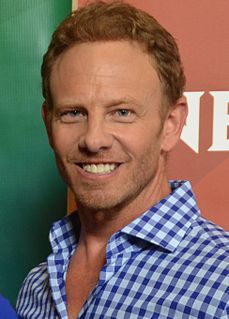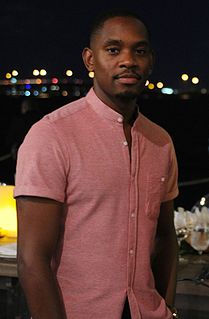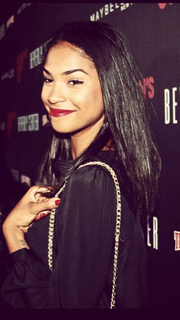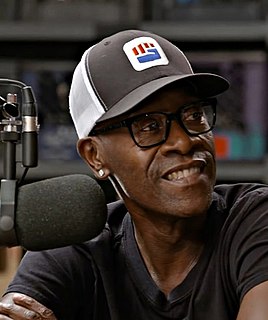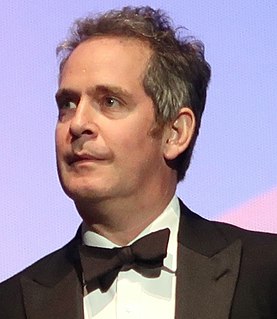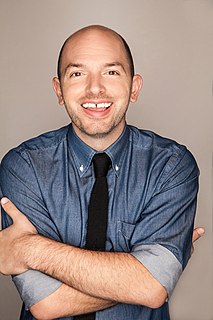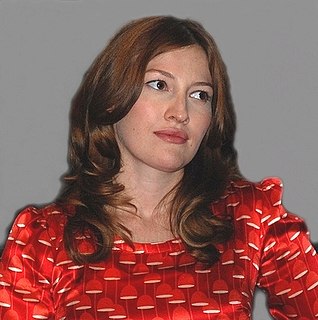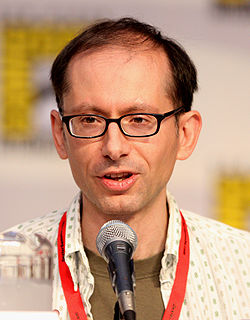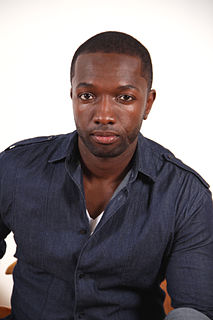A Quote by Ian Ziering
With 'Sharknado,' they've got a great mix of TV and film. This is a film that has film impact in the TV medium.
Related Quotes
The first thing I say when people ask what's the difference [between doing TV and film], is that film has an ending and TV doesn't. When I write a film, all I think about is where the thing ends and how to get the audience there. And in television, it can't end. You need the audience to return the next week. It kind of shifts the drive of the story. But I find that more as a writer than as a director.
Since the dawn of Louisiana's modern-era film program in 2002, we have played host to more than $6 billion in film and TV production. We've developed an infrastructure that supports thousands of jobs, boosts small businesses and communities statewide, and provides a powerful impact that we seek to retain.
Film and television are very different. On the TV show, we do seven or eight scenes a day, so time and money are of the essence, and we have zero room for creativity because you've got to do each scene in only five takes. Whereas, on a film, you have an entire day to film one scene, so you have so much time to choose how you want to fill in a scene.
